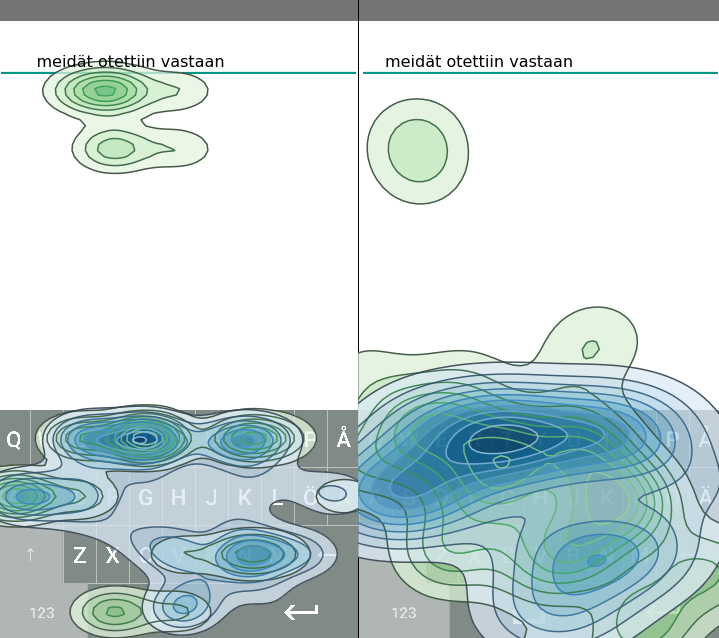Annual Report 2021: Highlights
In 2021, HIIT directly supported a wide range of collaborative research projects, but, due to the COVID-19 pandemic, fewer events and research visits were funded. Below we present a sample of activities of the Helsinki ICT community in 2021.
Enhancing nearest neighbor search with machine learning
This work was partially funded by HIIT community support.
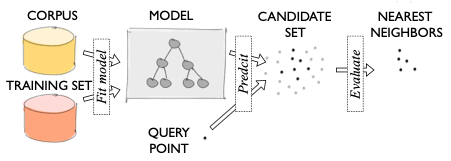
Academy of Finland grants funding for FCAI’s second term
See the story.
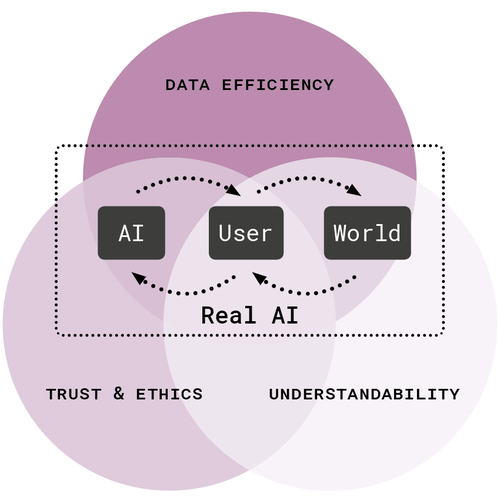
Harnessing psychological theory for better video games
See the story.
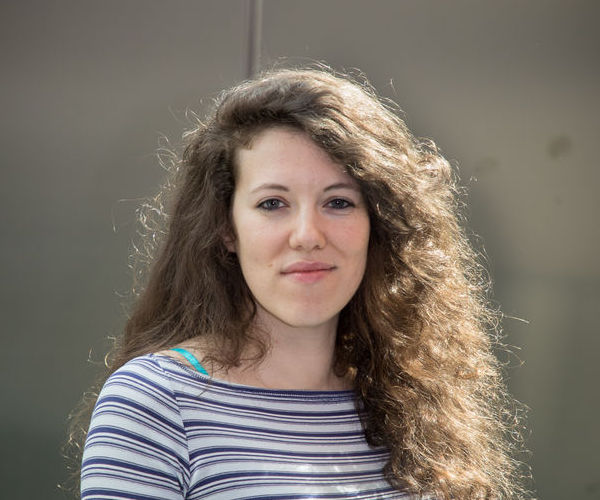
NVIDIA AI Technology Center makes researchers better equipped to develop computationally demanding AI applications
See the story.
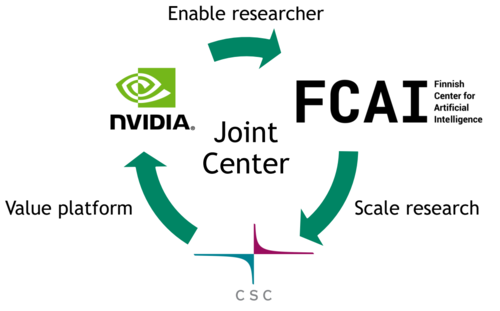
Deep generative models for text-to-image generation
Deep generative models have achieved impressive results in the text-to-image generation task which is the task of generating a visual scene based on its textual description. The Master of Science thesis by Andrey Sukhobok studied the architectural choices of the transformer-based generative model DALL-E.
The work was partially funded with HIIT Community Support.
See the story.
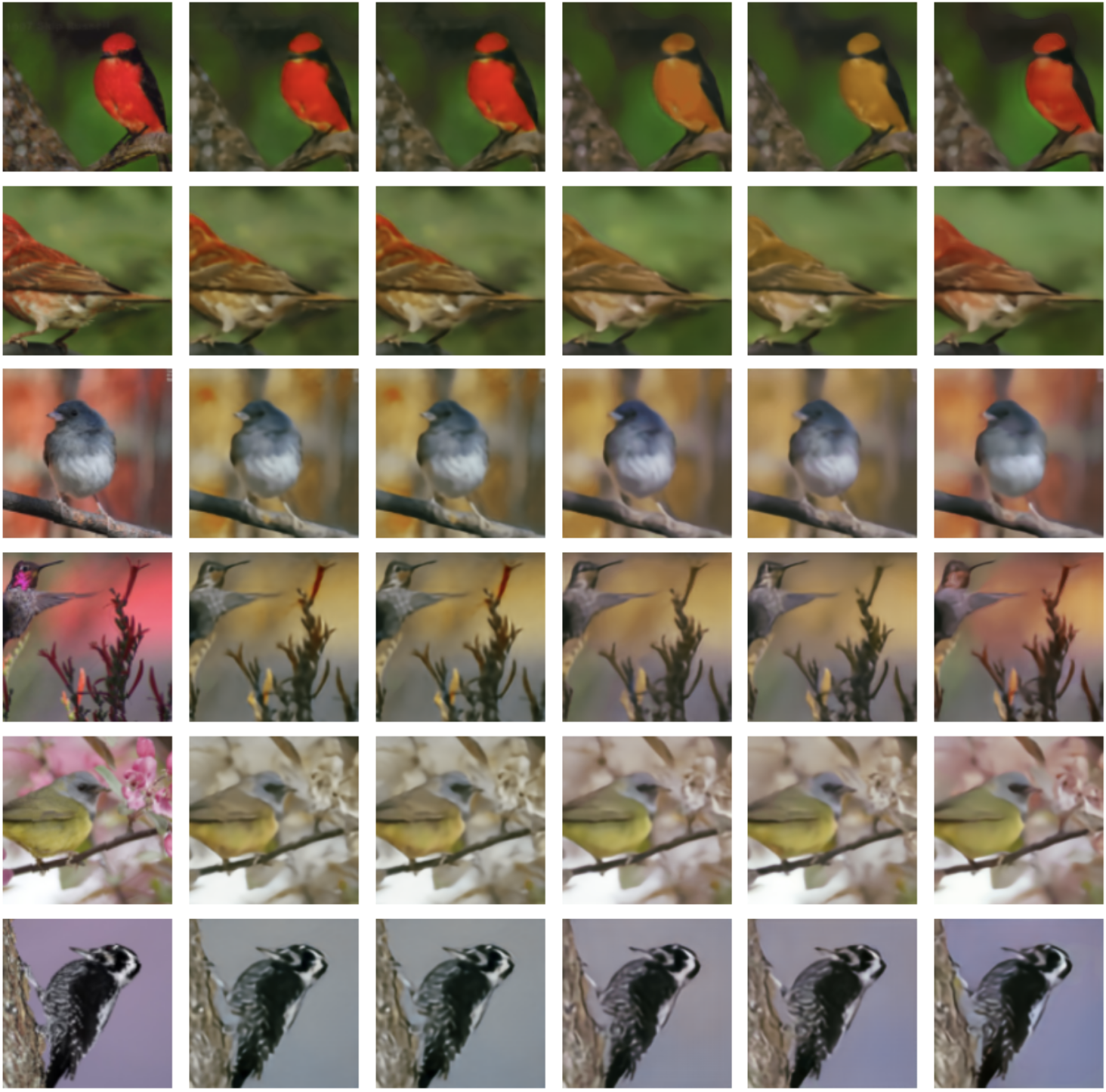
Researchers teach artificial intelligence to be fluent in Finnish dialects
See the story.

ELLIS Unit Helsinki expands its base and grows its activities
See the story.
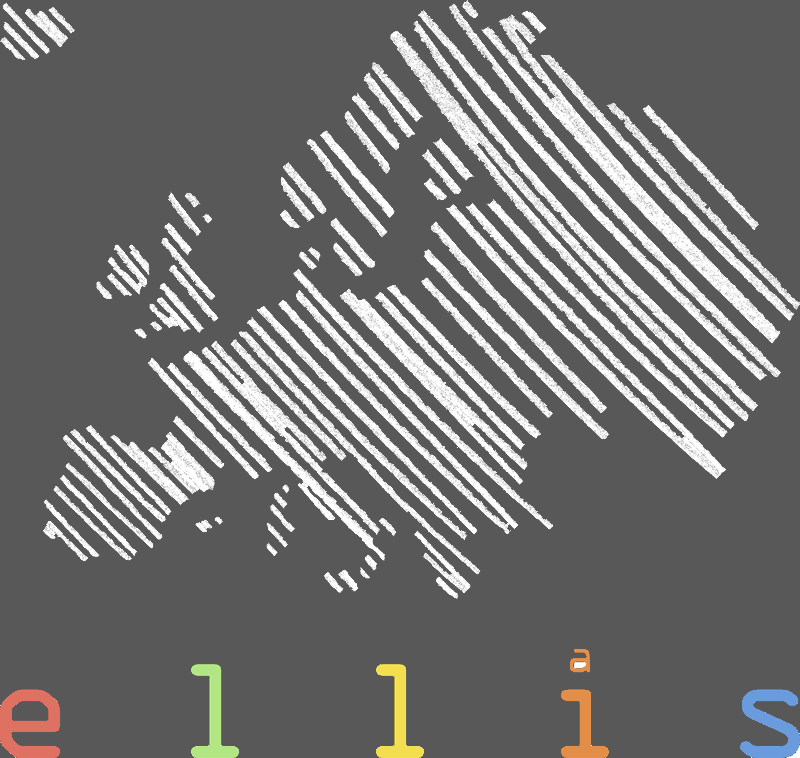
Harnessing FCAI research for sustainability
See the story.
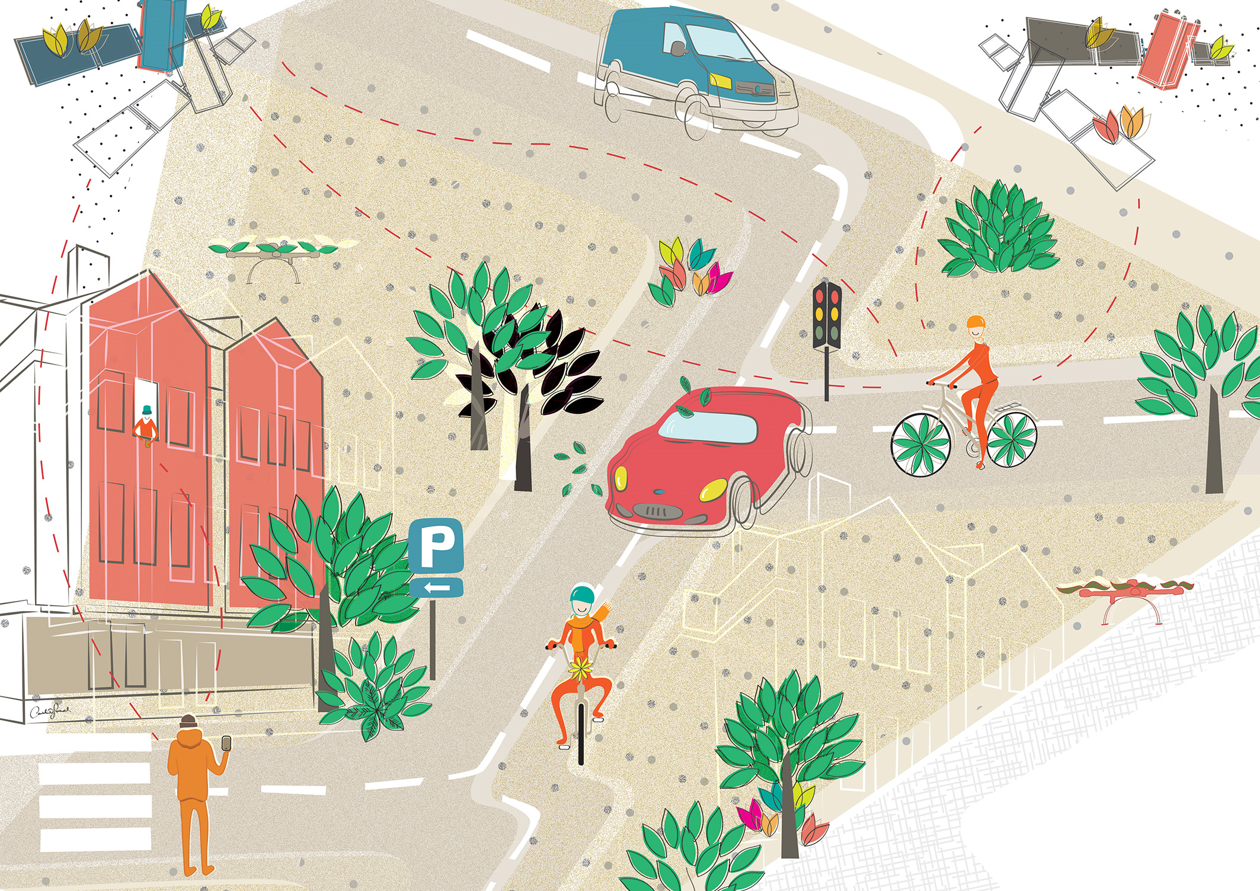
New HIIT focus area: Foundations of Computing

Helsinki Brain & Mind utilizes digitalization and develops AI-based brain imaging analysis
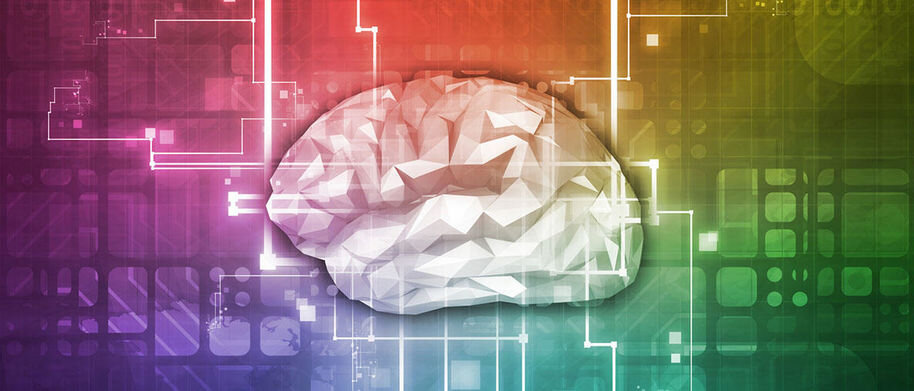
Artificial intelligence speeds up the creation of fusion energy

AI Finland & AI Day 2021: Reboot with AI
See the story.
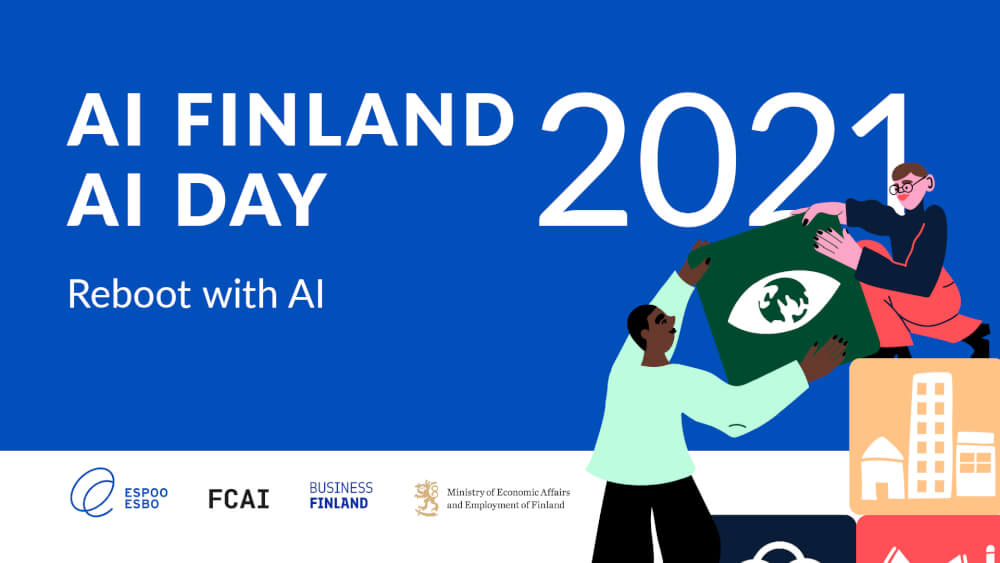
Novel brain model could help elucidate causes of neurodegenerative disorders
Researchers at Aalto have developed novel brain models to simulate functional networks corresponding closely to those observed in Human Neuroscience data. These models will help pinpoint disrupted brain mechanisms underlying neurodegenerative disorders, such as Alzheimer’s Disease.
See the story.
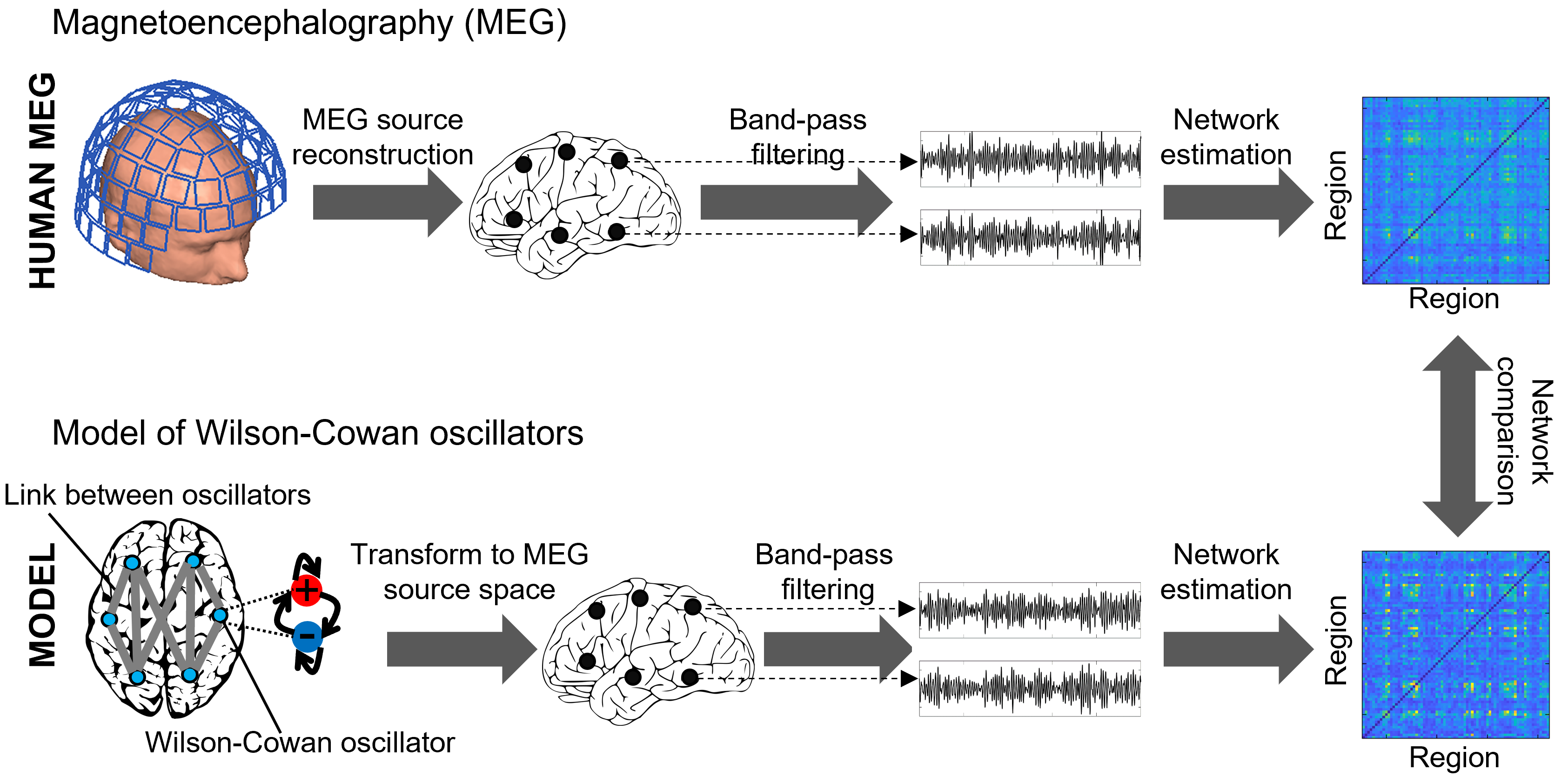
FCAI’s director Samuel Kaski receives major international funding for the development of AI methods

Using visualization to support insight generation and sharing
Researchers from the Ubiquitous Interaction research group at the University of Helsinki devised a Carbon Dioxide Explorer that enables users to refer to visualization components (entities) in externalizing their insights. The results were used to apply for SRC funding for a project on data literacy.
This work was partially funded by HIIT Community Support.
See the story.
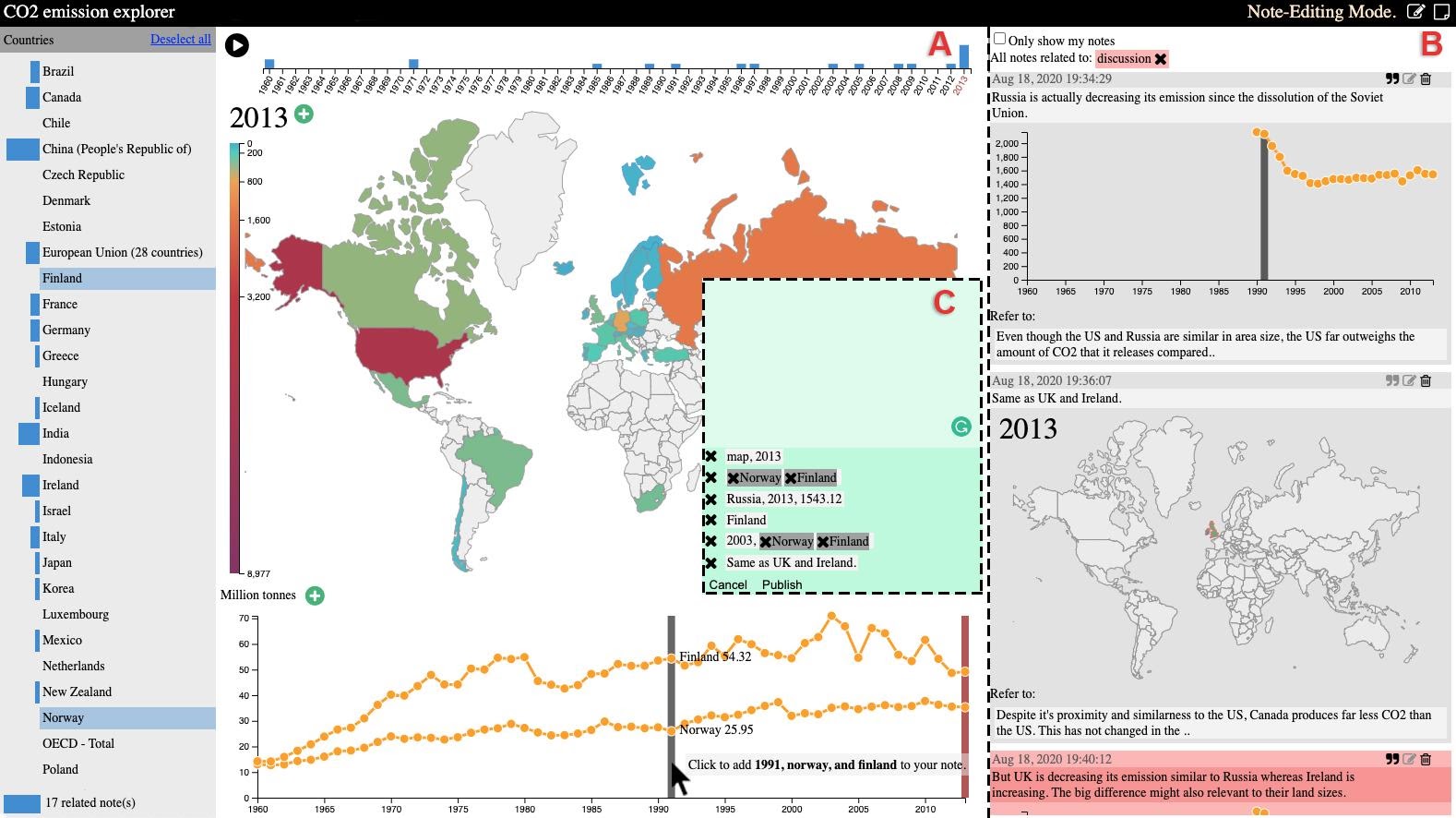
EntityBot is a digital assistant that knows users’ actual needs

Transforming dextrous robotic grasping
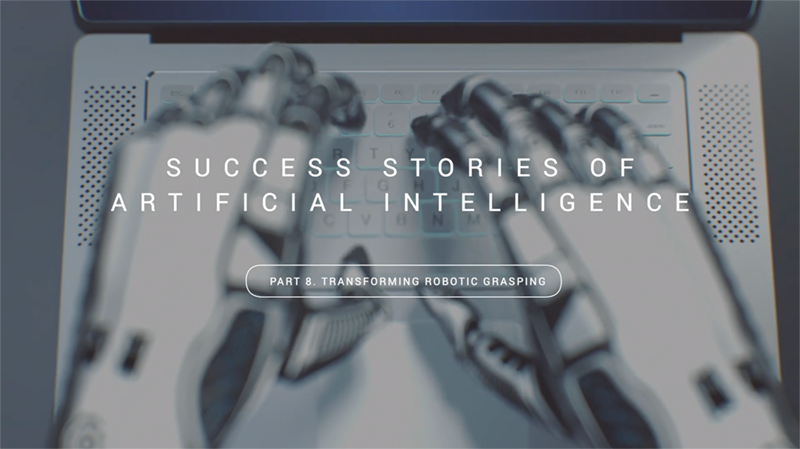
How is Instagram used by the leading health agencies to engage with the public during the COVID-19 crisis?
A study by researchers at Aalto showed that most of the images shared by major health agencies relate to preventive measures, health advisories, gratitude and resilience of front-line workers. Social media messaging depicting well known personalities, influencers, and celebrities received greater engagement. Furthermore, posts with inquisitive messaging, infographics, or dispelling myths/fake news/misinformation also receive more attention.
See the story.
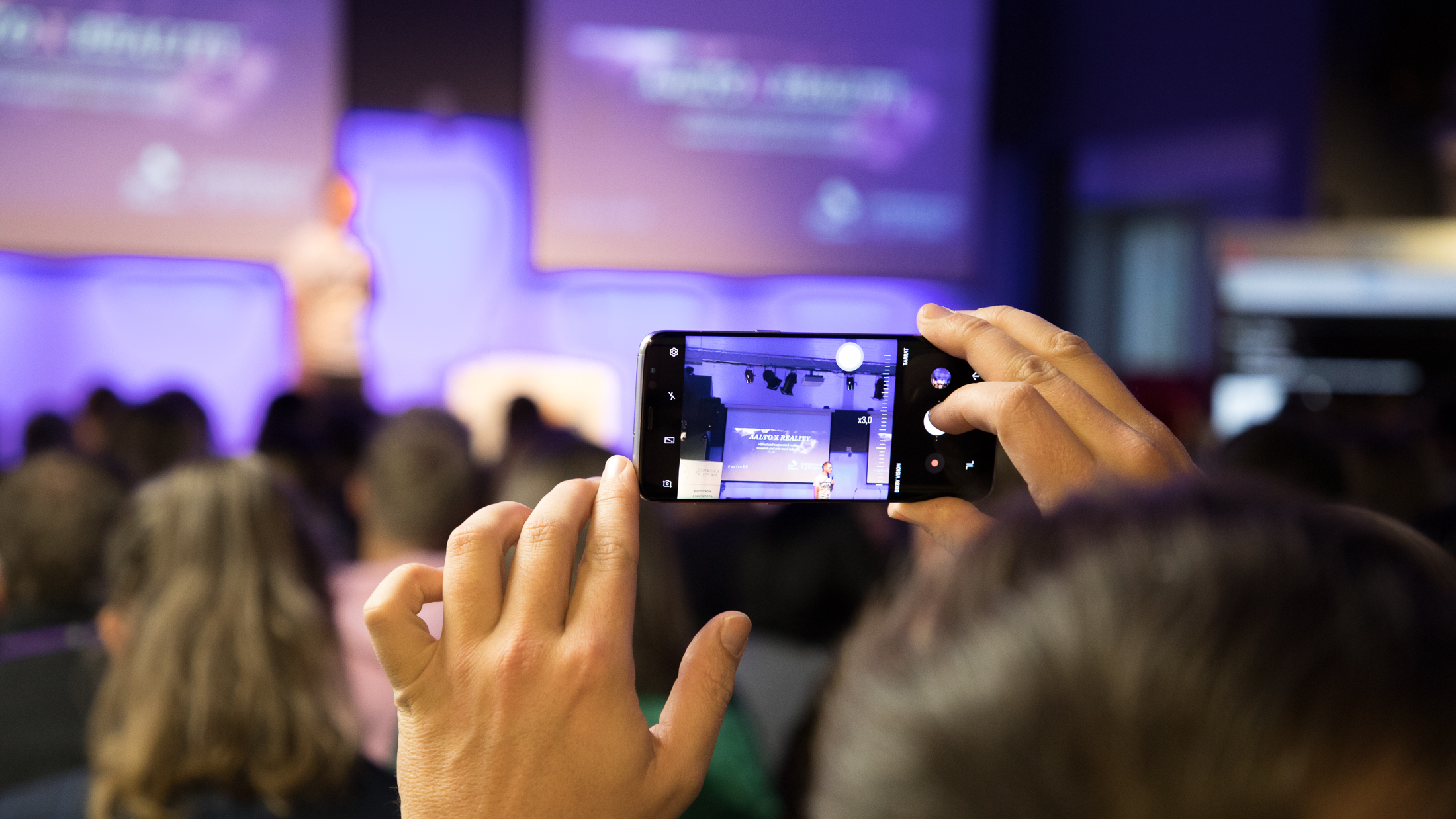
Computers can predict our preferences directly from our brain
A research team from Helsinki and Copenhagen demonstrates it is possible to predict individual preferences based on how a person’s brain responses match up to others. This could potentially be used to provide individually-tailored media content — and perhaps even to enlighten us about ourselves.
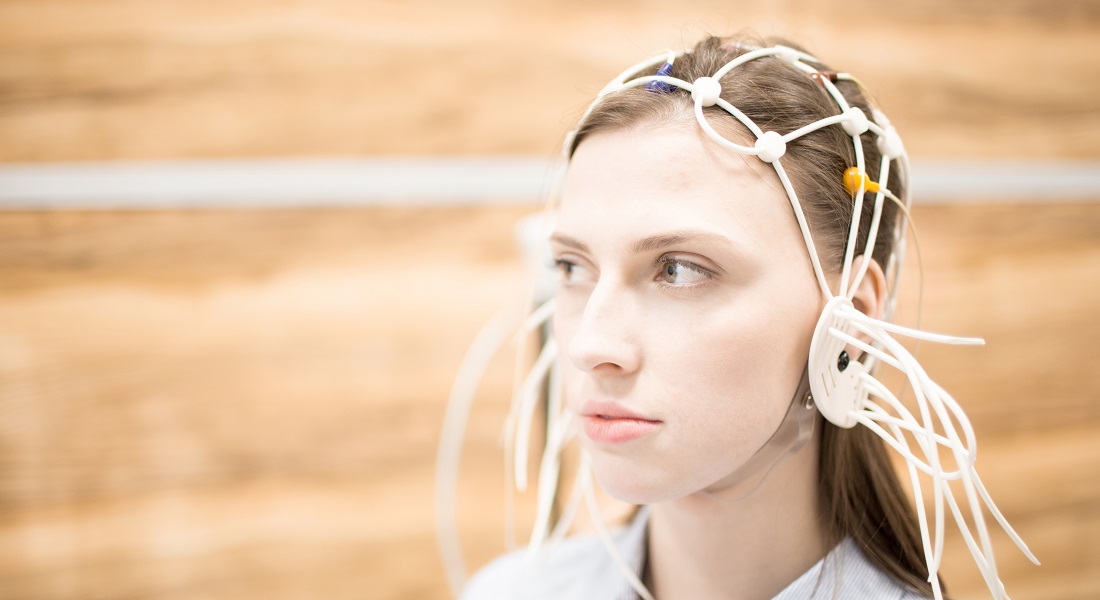
Following e-cigarette conversations on Twitter using artificial intelligence

Artificial intelligence – a key to sustainable smart cities and mobility
Cities and transport are major contributors to CO2 emissions. FCAI’s recent webinar brought industry and academia together to discuss the need for new sustainable solutions, enabled by artificial intelligence.
See the story.
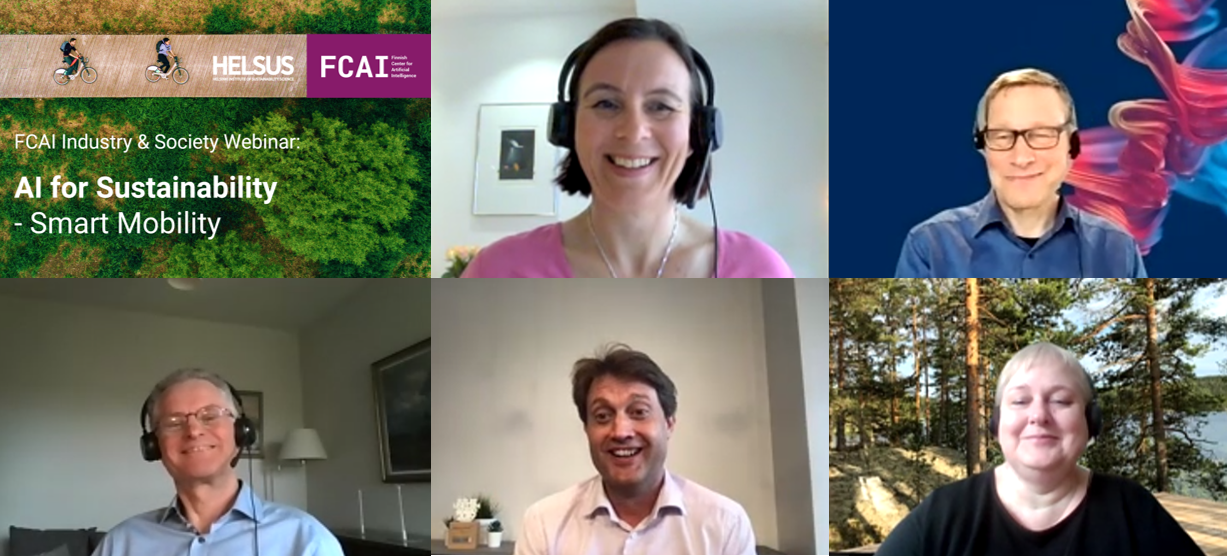
Janne Lindqvist was a guest on Aalto’s podcast ‘Ratkaisujen tarpeessa’
Janne Lindqvist and Miapetra Kumpula-Natri had a discussion about security in the digital world on Aalto’s podcast Ratkaisujen Tarpeessa (in Finnish).
See the story.
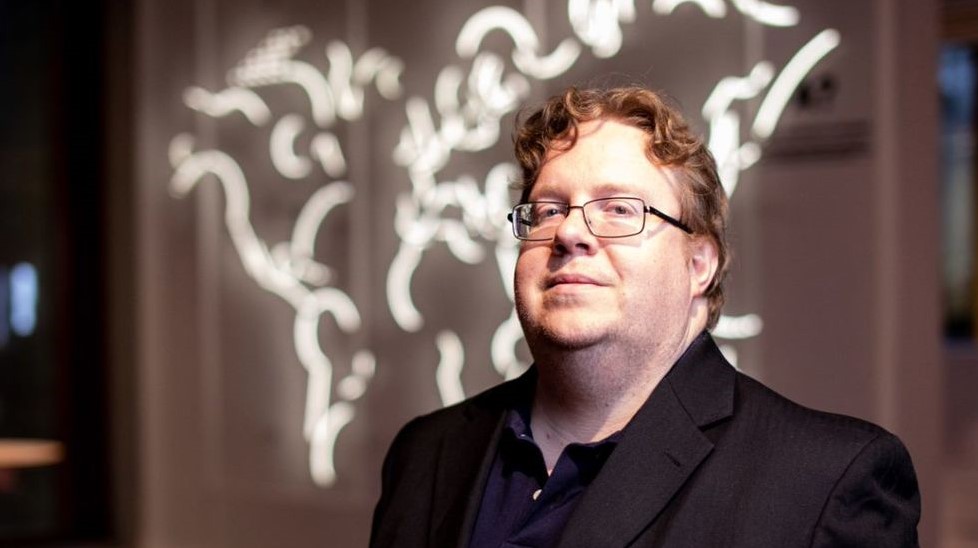
More certainty for deep learning
See the story.

AI learns to type on a phone like humans
Researchers at Aalto created a new computational model precisely replicates the eye and finger movements of touchscreen users – could lead to better auto-correct and keyboard usability for unique needs.
See the story.
